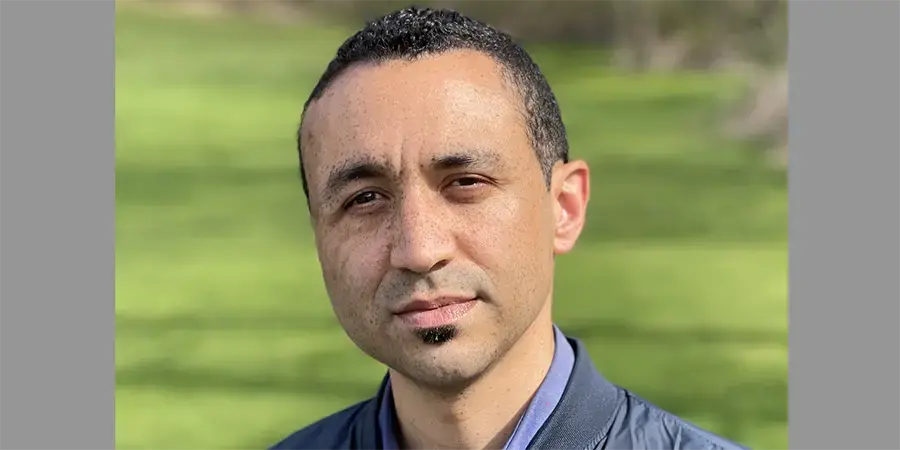Book Launch for We the Dead: Preserving Data at the End of the World by Brian Michael Murphy

Contact:
Literature Evenings—Fall 2022
OPEN TO THE PUBLIC | Dean of the College Brian Michael Murphy will read from his new book We the Dead: Preserving Data at the End of the World, which narrates how Americans became so obsessed with preserving data, from time capsules launched into outer space to data centers in bombproof bunkers. The United States has over 2,700 data centers—more than Germany, the United Kingdom, China, and Canada combined. In addition to these digital repositories, government agencies and corporations still maintain massive archives of paper documents, microfilm backups, and magnetic tape reels, as well as a vast network of securitized, climate-controlled locations to protect all these records. How and why did Americans become the most prolific generators and preservers of data on the planet? This talk explores the archives, vaults, and digitization labs of the Iron Mountain National Data Center in Boyers, Pennsylvania, a 150-acre facility located 220 feet underground, in a former limestone mine. With its armed guards, “bombproof” architecture, and intense surveillance systems, Iron Mountain embodies the key features of America’s “data complex”: the network of bunkers that safeguard “permanent” traces of American culture, maintain backups of vital records that certify state and corporate power, and instill hope for national resurrection even after the end of the world. This event is co-sponsored by Literature Evenings. Reception to follow.
About Brian Michael Murphy
Brian Michael Murphy is the author of We the Dead: Preserving Data at the End of the World, published by the University of North Carolina Press in 2022. He is Dean of the College at Bennington College, Managing and Nonfiction Editor of Northwest Review, and Director of the Kenyon Review Young Writers Workshop. His essays and poems appear in the Wall Street Journal, Lapham’s Quarterly, Kenyon Review, Media-N, Narrative, and in Italian translation in Ácoma. Recent work includes an essay on the digitization of lynching photographs in the edited volume The Expanded Field of Conservation (forthcoming, Clark Art Institute/Yale University Press), and a short story published as liner notes for the album Ancient Methods by Spectacular Diagnostics (Rucksack Records). He has held faculty positions in American Studies, Media Studies, and Interdisciplinary Studies, and in fall 2021 was a Fulbright Scholar at the University of Naples “L’Orientale” in Italy, where he taught in the graduate program in American literature. He is co-editor, with Kris Paulsen, of a themed issue of Media-N titled “Afterlives of Data.” He holds a Ph.D. in Comparative Studies from The Ohio State University, where he was a Presidential Fellow, and his work has also been supported by the National Endowment for the Humanities, the Vermont Arts Council, and the Ohio Arts Council. He lives in southern Vermont, where he serves as a founding board member of Outpost, a residency for BIPOC writers from the United States and Latin America.